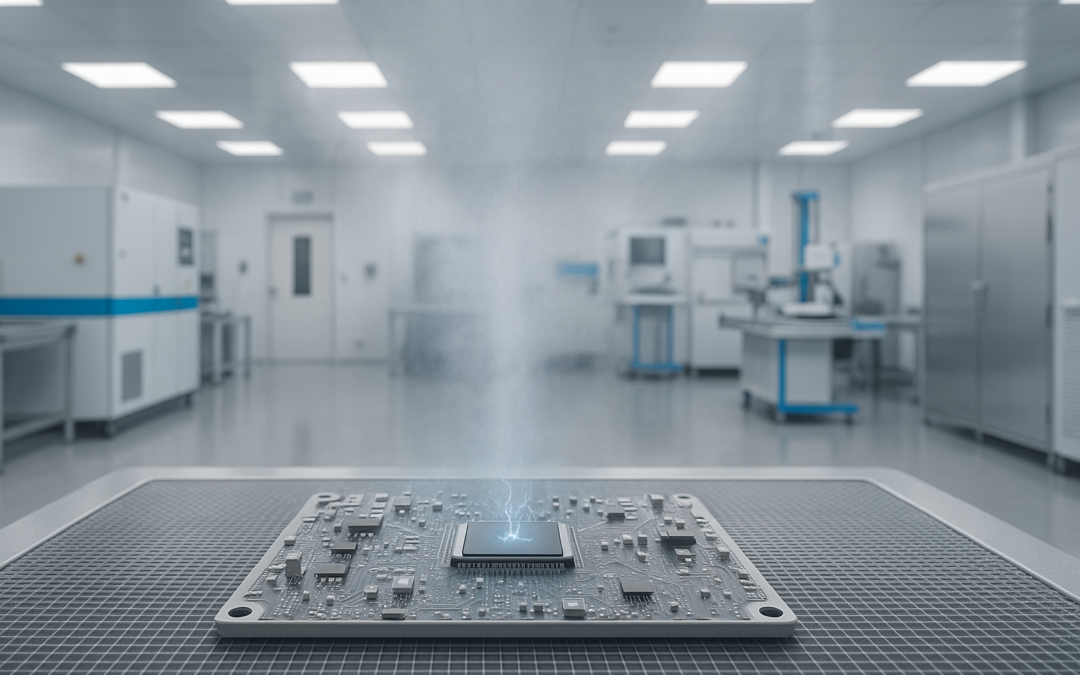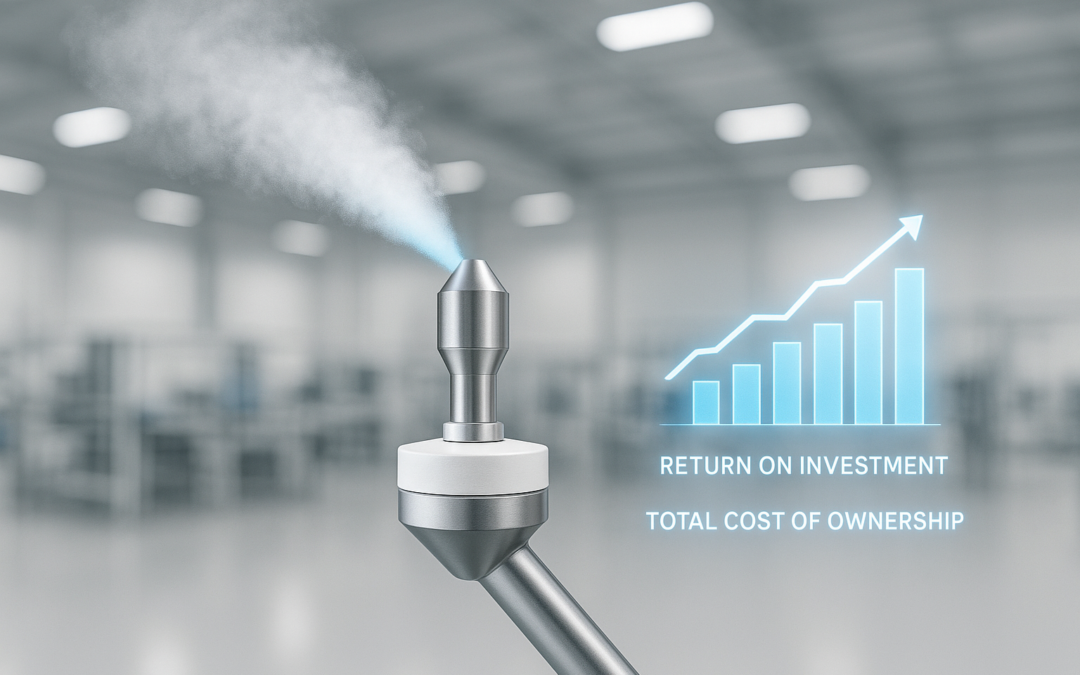Do you experience eye redness, dryness and/or irritation? Some people automatically assume these symptoms are the result of lack of sleep. Studies have shown that more than half of the U.S. population don’t get the recommended amount of sleep at night. While sleep disorders may cause similar eye-related symptoms to manifest, there’s another culprit that could be to blame: low humidity.
People who are expose to environments with a low humidity for a prolonged length of time are more likely to develop eye irritation. This is due to the fact that low humidity saps valuable moisture from the eyes, leaving them painfully dry. To better understand this phenomenon, you must first understand the basics of humidity.
Although you can’t see it, water is all around us in the form of airborne moisture vapor. The measurement of this moisture vapor is referred to as humidity – either absolute or relative depending on whether or not temperature is involved. Environments with a high humidity level have more airborne moisture vapor than environments with low humidity.
It’s believed that the average person blinks around 10,000 times per day, or about once every 2-10 seconds. When you blink, your eyes are coated with a small layer of moisture in the form of tears. Normally, this suffices in keeping your eyes healthy and well lubricated. However, long-term exposure to dry air may take its toll on your eyes, causing irritation, redness and other unpleasant symptoms.
Exposure to dry air (low humidity) will cause the tears on your eyes to evaporate. The air will attempt to draw moisture from anything in its surroundings, including your eyes. This isn’t something that happens immediately, but staying in a room, office or any other environment with low humidity will eventually cause dry eyes. And once you feel the initial burn of dryness, the symptoms will only become more severe until the humidity is raised.
While not a critical health concern, eye irritation can make those 8-hour long workdays just a little more difficult to bare. So, how can you prevent eye irritation related to low humidity? Most medical professional urge against the long-term use of eye drops, as your eyes become dependent on using them. A smarter solution is to use a humidifier, which releases moisture vapor into the air as needed. A good rule of thumb is to maintain a relative humidity of 40% or greater in your office to prevent eye irritation.





